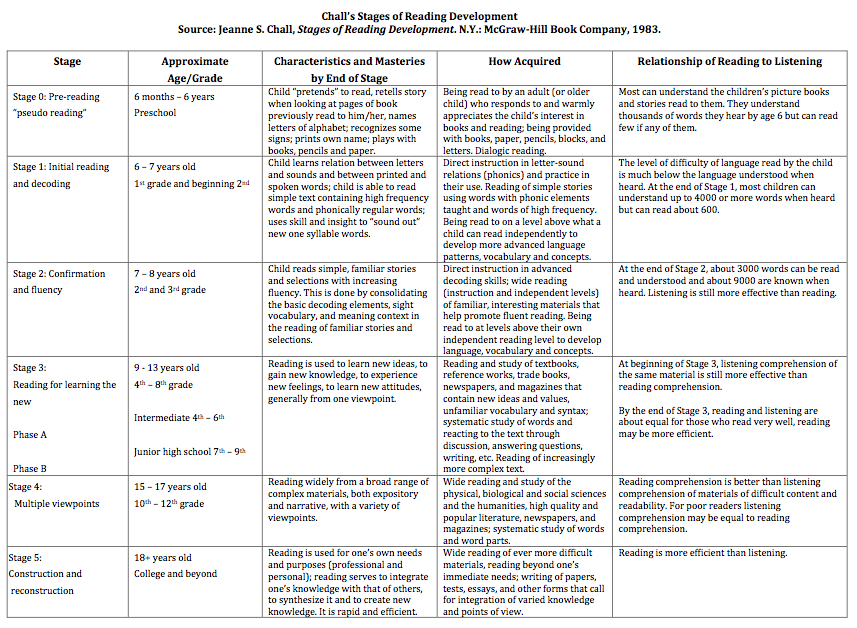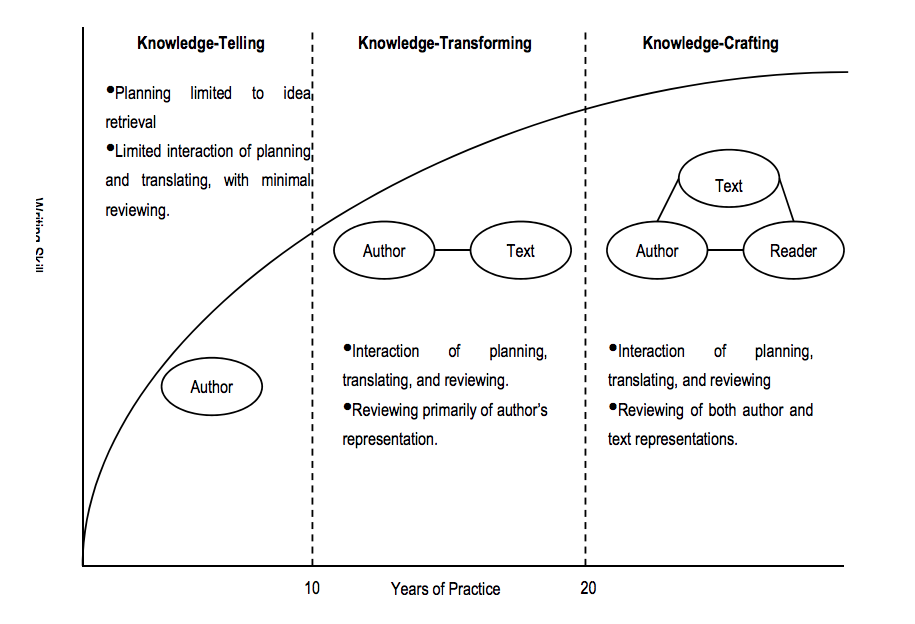It’s likely everyone reading this is in some way connected to or interested in academic writing and university writing centers. Most of us probably are or have been writing tutors and students. For those of us who work as peer writing tutors, or are even in a class that requires writing (most do), we’re familiar with many professors’ frustration with their students’ (in)ability to read and write at the level they expect and many students’ matched frustration with the seemingly impossible standards they’re met with.
I’m a graduate student studying Writing, Rhetoric, and Discourse and earning a TESOL certificate at DePaul, as well as a peer writing tutor at The UCWbL. The above narrative is one I’m familiar with as both a tutor and student. Especially in my undergraduate experience, I remember being met with seemingly impossible expectations of originality and meaning-making in my writing. As a tutor, I often hear these same frustrations from writers.
As part of the TESOL certificate program, I’m currently taking a class on First and Second Language Acquisition. Recently we talked about reading, writing, and, how learning those skills both varies and aligns with L1 (first, native language) and L2 (second language, or any language other than your native one) experiences learning to do so. My professor brought up his own experience as a tutor in a writing center and made a critique that initially surprised me. He pointed out how much of the time, we push writers to imagine an audience and to differentiate between themselves (the author), the reader, and the text they’re writing itself. He was making the point that separating yourself and the text from the audience is too complex and impractical of a task for the students coming into the writing center.
I was a bit affronted by this at first, largely because I felt like much of the work I do with writers was being attacked. However, after a bit of reflection, I found myself quite persuaded by some of the key points from that class discussion.
Two artifacts from the discussion, in particular, got me thinking about just how difficult of cognitive tasks high-level reading and writing are. This first is a chart on the stages of reading development from Chall’s book, well, Stages of Reading Development.
One of the most striking things about this chart is just how long it takes people who have been reading, or “pseudo reading,” their entire lives, before reading becomes more efficient than listening. So many of us in academia are so accustomed to reading and writing as a regular part of our lives; we forget just how unnatural of a process they really are, especially compared to speaking and listening.
The other artifact that encouraged my reflection on the expectations of student performance in universities was related to writing, from Kellog’s 2008 article “Training Writing Skills: A Cognitive Developmental Perspective.”
Again, a striking reality of writing ability—according to Kellogg—is how long it takes people to fully conceptualize the author, text, and reader as separate and important elements of writing. Not until after 20 years of practice are writers able to do “knowledge-crafting” work with their writing.
While this gives me much to think about in terms of my work as a peer tutor, I think the conversation about fostering a more thorough understanding of the cognitive tasks and abilities involved in high-level reading and writing goes beyond the writing center. It reaches the intense cultural pressure on high school graduates to go to college immediately, first-year college writing programs, and the university itself.
To revisit my initial qualms with the class discussion, primarily in reference to the point my professor made about conversations with writers about audience being futile, even after some reflection, I would challenge that. I might point out that many reading researchers would agree that it’s important to be around reading—even on Chall’s chart there’s a space for “pseudo reading:” a stage before early readers are actually able to read for themselves, yet they pretend to do so by demonstrating their awareness of the tools and activities involved in reading. Even if writers are not able to completely conceptualize a text as separate from audience, educators shouldn’t abandon the conversation. Imagining audiences is an essential part of virtually every act of writing we do. Advocating for an awareness of readers regularly and before readers and writers can fully understand the distinction eases the process of developing that very awareness. To not do so would be a disservice to writers.
To other tutors and educators:
Do you feel like your conversations with writers about audience are meaningful and affecting? If not, what strategies might you use to foster this awareness? If it feels futile to have these conversations after reading Kellogg’s diagram, do you abandon the conversation? What do you do instead?
Discover more from UCWbLing
Subscribe to get the latest posts sent to your email.




One reply on “Imagining Readers”
Excellent piece, Emily! Can definitely be compelling to have one’s ideas challenged/problematized and to think through assumptions we hold.
One of the main thoughts I had reading your piece is that the idea of audience is so frequently abstract and hard to conceptualize, particularly in school-based writing, where writers have to, too often, confront this weird dynamic where a.) they have literally one audience member (their instructor) and yet b.) that instructor is assessing them on their ostensible ability to address their writing to multiple or a general audience(s). So hard! I do see some more specific ideas of audience in assignments sometimes and I do think a prompt that says something like “write it for a friend” or “write it so that someone you went to high school can understand it” is helpful.
Ultimately, though, the bottom line is that my best writing experiences are often ones like this very one now, where I’m writing to an audience I know (Emily P!) and where I’m motivated to transact meaning to that, for me, well-defined audience. Tough thing for school-based writing to mimic, but I def think it should still try, at least at times!